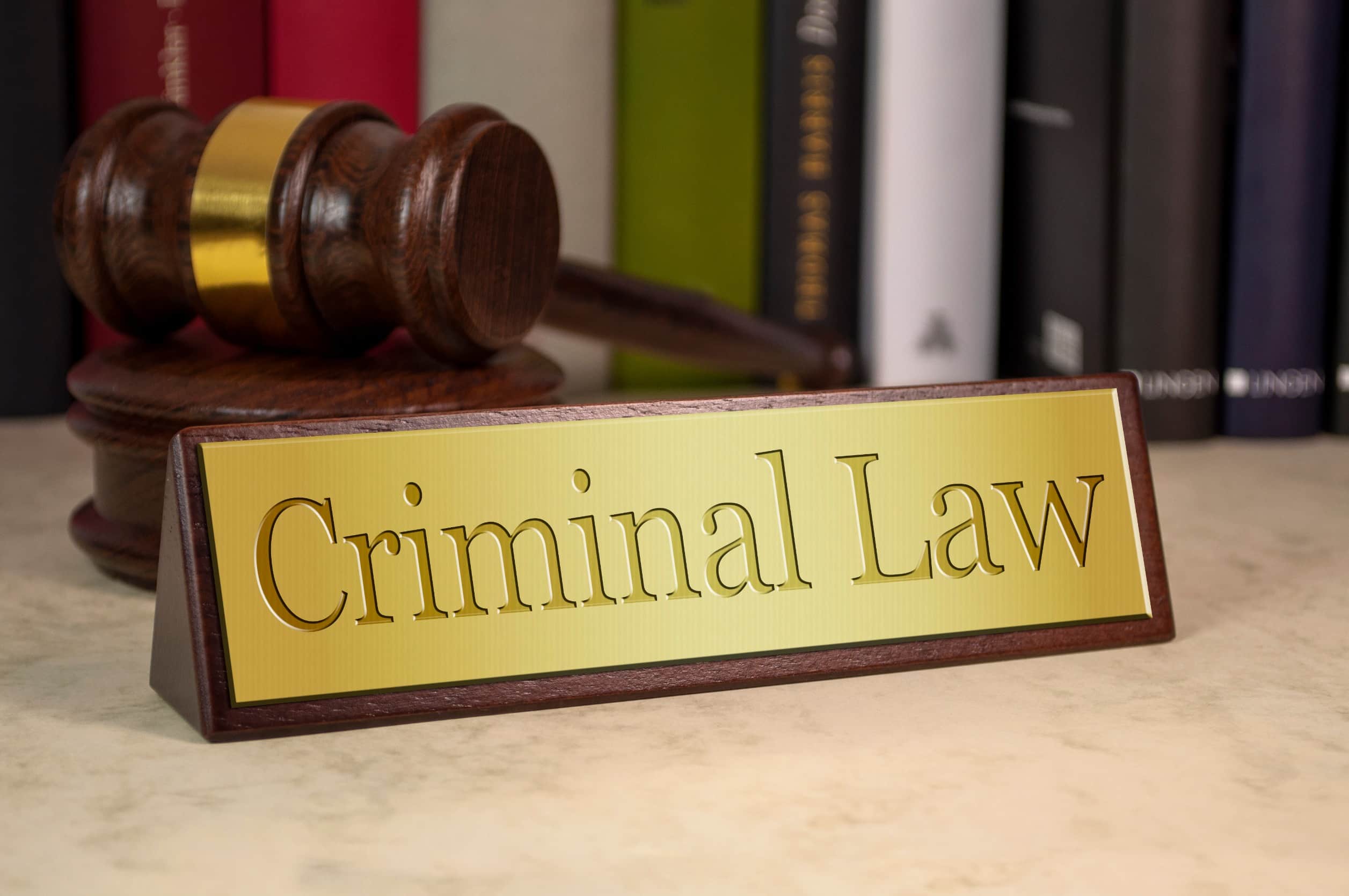Yes, there are defenses if you blew over the limit at a DUI stop. Many people believe that a breathalyzer result means their case is already lost, but that’s far from the truth. The devices require proper maintenance, calibration, and administration to provide accurate readings. Any failure in these areas could lead to false results. At Schlosser & Pritchett Law, our Greensboro, North Carolina DUI defense attorneys examine every detail of your case to protect your rights. You don’t have to accept a DUI conviction without a fight.
Common Defenses: Even If You Blew Over the Limit
Improper Traffic Stop
One of the first questions to consider is: Did the officer have a legitimate reason to pull you over? Under the law, law enforcement must have “reasonable suspicion” that you committed a traffic violation or another crime before initiating a stop.
If you were stopped without reasonable cause—such as for no reason at all or based on vague suspicions —any evidence collected during that stop, including breathalyzer results, could be thrown out. An unlawful stop violates your constitutional rights, and evidence obtained during that stop may not be admissible in court.
Faulty or Improperly Calibrated Breathalyzer
Breathalyzers are machines, and like all machines, they require regular maintenance and calibration to work properly. If the breathalyzer was not calibrated correctly or had mechanical issues, the results may be inaccurate.
Additionally, breathalyzer tests must be administered correctly. If the officer made mistakes—like failing to follow instructions, skipping required checks, or rushing through the process—it could impact the reliability of the results. Maintenance logs, calibration records, and prior malfunctions are critical pieces of information that can reveal potential issues with the device.
Medical Conditions and External Factors
Certain medical conditions and external factors can produce falsely high BAC readings. For example:
- Acid Reflux or GERD: These conditions can cause alcohol vapors from your stomach to mix with your breath, leading to artificially inflated BAC readings.
- Diabetes and Hypoglycemia: Diabetics often produce acetone, a compound that breathalyzers can mistake for alcohol.
- Ketosis: Following a low-carb diet or fasting can produce ketones, which may interfere with the breathalyzer’s accuracy.
Even external factors like mouthwash, breath sprays, or recent dental work can leave alcohol residue in your mouth, which could result in inaccurate readings. Considering these factors is essential when evaluating the validity of breathalyzer test results.
Failure to Follow Proper Testing Procedures
To ensure accuracy, law enforcement officers must follow strict procedures when administering a breathalyzer test. For example:
- Officers must typically observe you for a certain period (usually 15 minutes) before the test to ensure you don’t eat, drink, burp, or regurgitate, as these actions can affect the results.
- The breathalyzer must be used according to its operating guidelines.
- Proper documentation must confirm that the device was functioning correctly and that all steps were followed.
If the officer fails to meet these requirements, the test results may be unreliable and potentially inadmissible in court. Deviations from standard testing protocol could significantly weaken the prosecution’s case.
Rising Blood Alcohol Defense
Alcohol takes time to absorb into your bloodstream. This means your BAC might have been under the legal limit when you were driving, but it rose to an illegal level by the time you took the breathalyzer test. This is known as the “rising blood alcohol” defense. Since breathalyzer tests do not measure your BAC at the exact time you were operating the vehicle, it’s possible to argue that your BAC increased after you were stopped. Understanding how alcohol metabolizes in the body can be a key factor in challenging the test results.
Challenging the Chain of Evidence
From the moment a breathalyzer test is conducted to the time the evidence is presented in court, every step in the chain of custody matters. Any errors or mishandling during this process could raise questions about the credibility of the results.
For example:
- Was the device properly logged into evidence?
- Were records tampered with, incomplete, or improperly stored?
- Were there gaps in the chain of custody?
If the chain of evidence cannot be verified or was compromised in any way, the breathalyzer results may be deemed unreliable and could be excluded as evidence.
Seek Legal Help from an Experienced Greensboro, NC Criminal Defense Lawyer
If you blew over the limit at a DUI stop, you might feel like you’re out of options—but you’re not. A DUI charge doesn’t always mean a conviction, and you still have rights. At Schlosser & Pritchett, your defense is our priority. Our attorneys dig deep into every aspect of your case, from examining the legality of the stop to reviewing breathalyzer maintenance records and procedural compliance.
At Schlosser & Pritchett we leave no detail unchecked, ensuring that any flaws in the evidence are brought to light. Our goal is to protect your rights, challenge unjust charges, and fight for the best possible outcome—whether that’s a reduction in charges, dismissal, or preparing a strong defense for court. Call 336-292-4076 or send us a message online to start reviewing your case.










